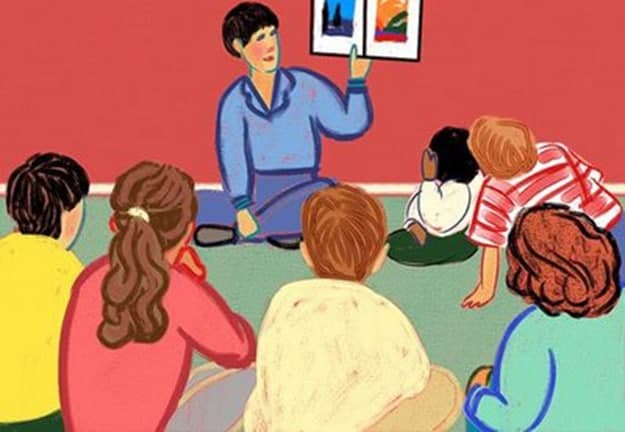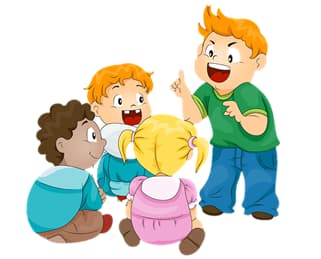Eradicating Poverty and Equality in Indonesian Education
May 9, 2024

Indonesia is known well with its cultural diversity. The culture is divided into objects and non-objects. On this opportunity, we will discuss the wealth non-material cultural that provides benefits in science and poverty alleviation. It is a folklore. Folklore is introduced and passed down from generation to generation. Folklore is usually introduced by parents to their children as a means of entertainment and even a way to give advice to children.
Folklore is introduced to children to grow the sense of pride, confidence and a sense of belonging to the culture. story telling is not only told once but repeatedly. Folklore is conveyed to children to make them get a better understanding of life meaning and take the moral lesson of it.
Through the various existing folk tales, we can instill a way of thinking, introduce the principles of life of our ancestors, learn about how to teach and behave properly from an early age. There are a lot of moral lesson that contains education values are found in folklore.

This folklore grows and lives in all society. So that the values and messages in each story can be accessed by everyone. Indirectly, folklore has removed the barrier between the rich and the poor in terms of education. Because they are accessible to all people, the moral lesson from folklore can be emulated by everyone without divided society groups.
The rich and the poor are able to take a relevant moral lesson of the story for their life. For example: rich people are have to help others and be generous, while poor people still have to be kind by helping others and be persistent and not easily satisfied. Some moral lesson can be applied to all levels of society, but the other are tailored to the circumstances of the recipient of story. Through the developing folklore, we can conclude that in fact, equality to get a decent and quality education has existed since a long time ago. (dep / 22.2)


